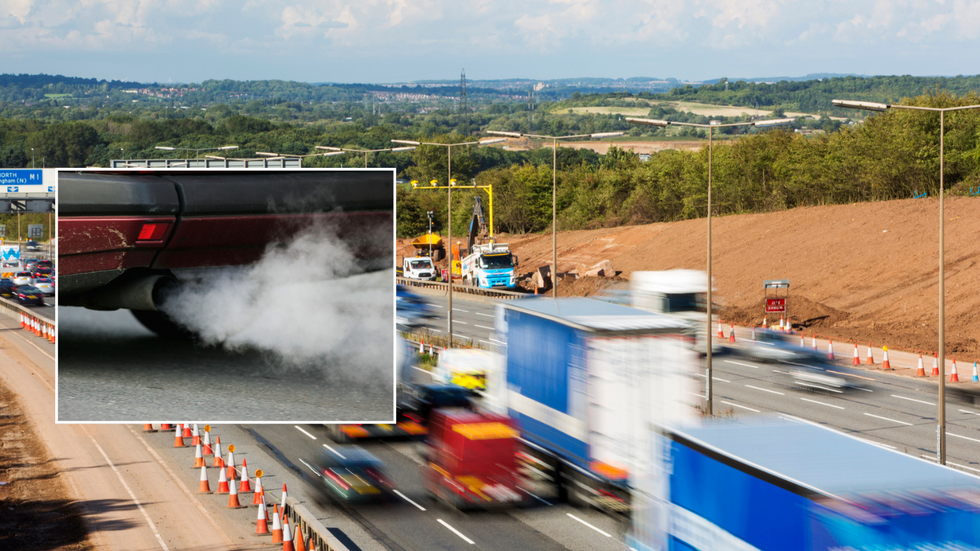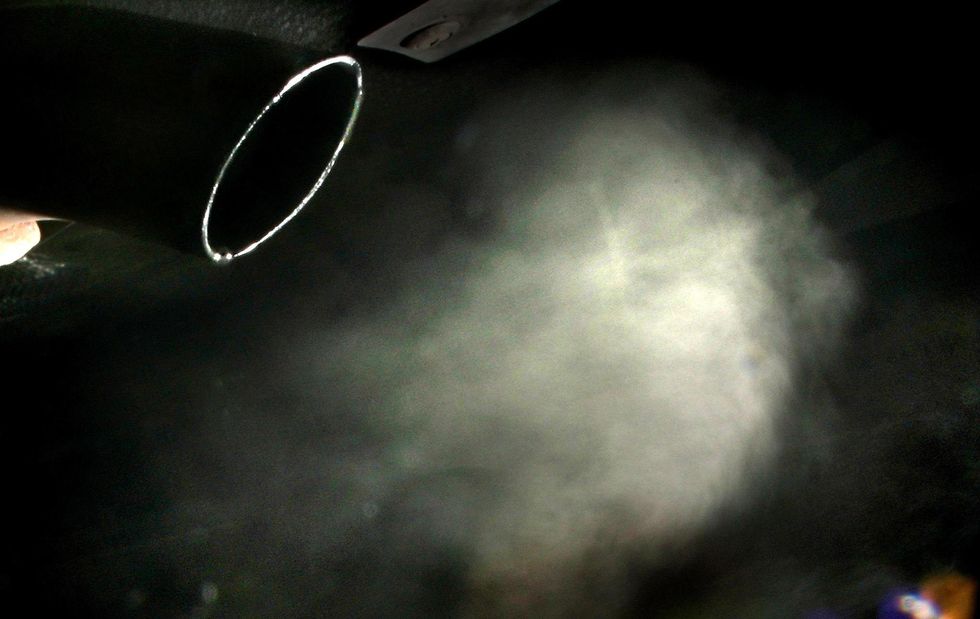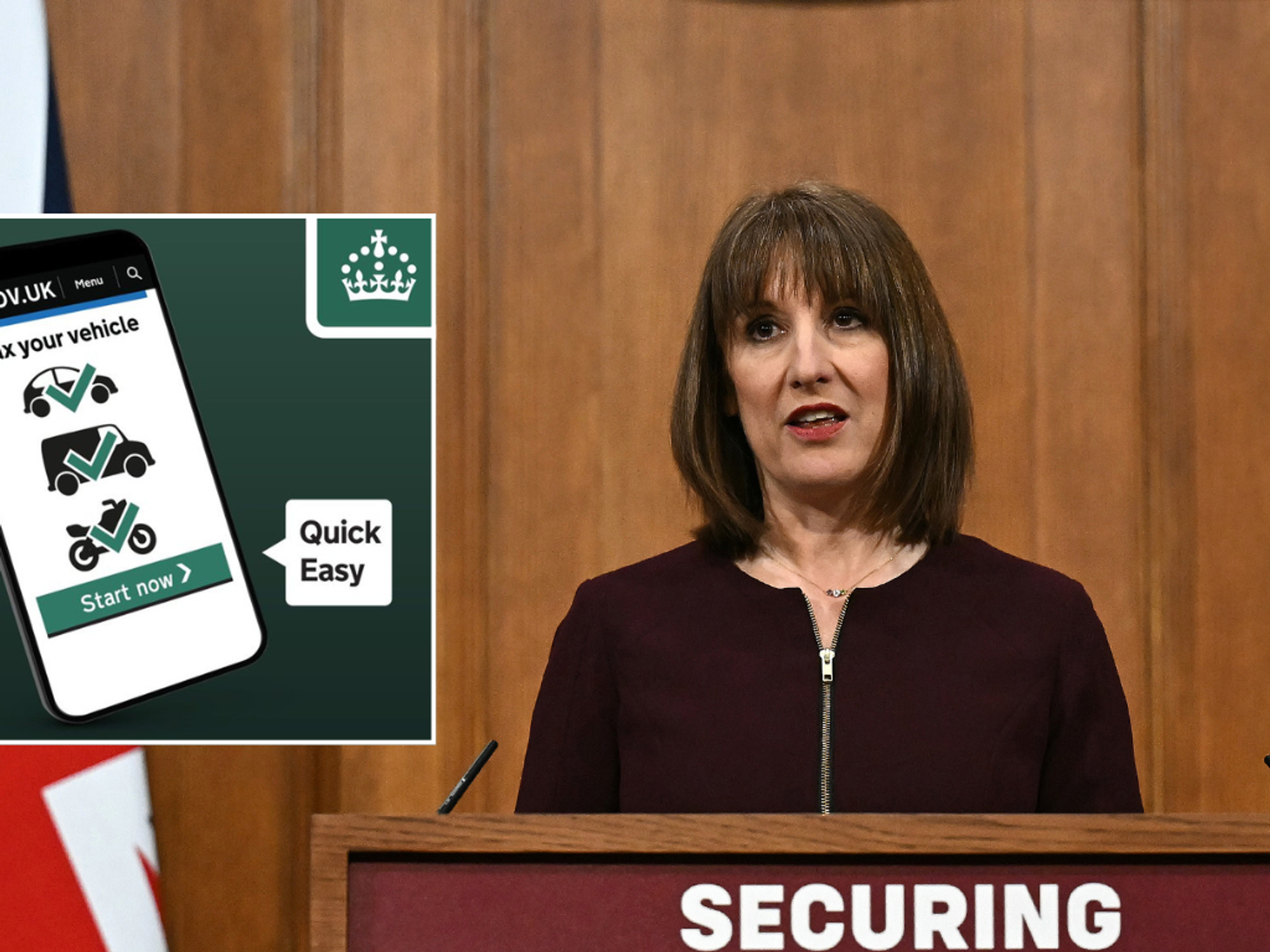Euro 7 emissions will be introduced for all vehicles across Europe from November 2026
Don't Miss
Most Read
Trending on GB News
Petrol and diesel drivers have been warned they could face a staggering price rise next year as Europe gets ready to introduce new emission rules for vehicles.
It follows a report that found from November 2026, Euro 7 emissions rules introduced by the European Automobile Manufacturers Association will add an extra £1,650 fee per vehicle.
The changes will see tighter nitrogen oxide limits and stricter particle controls for all cars, including electric vehicles, with experts warning this could be "a perfect storm" for driving up vehicle costs.
On top of the emissions regulations, the Zero Emission Vehicle mandate has also been found to increase costs, with car makers forced to push up prices of petrol and diesel models to make electric cars more attractive.
Do you have a story you'd like to share? Get in touch by emailingmotoring@gbnews.uk

Euro 7 emissions will be introduced next year for vehicles
GETTY
Under the ZEV mandate, car brands will need to have at least 28 per cent of new car sales electric by this year before moving to 100 per cent in 2030.
The report also found that new car prices have soared dramatically over the past decade, with petrol models rising by a staggering 67 per cent due to both inflation and regulatory rules in place.
Analysis by Auto Express revealed the average list price of a new petrol car has jumped from £27,036 to £45,218 since 2015.
The research found that if prices merely tracked inflation, today's petrol cars would cost around £36,225, making it nearly £9,000 less than current prices.
By comparison, UK wages have risen just 38 per cent over the same period, from £27,615 to £37,430. Hybrid vehicles have also seen substantial increases, with prices up 45 per cent from £30,485 to £44,274.
The price hikes vary significantly across popular models, with the value-brand Dacia posting the highest percentage increase at 33 per cent, adding £4,697 to its Duster model.
Meanwhile, Mercedes saw the biggest monetary impact with its E-class rising by £11,951 (26 per cent) while Volkswagen increased Golf prices by £5,994 (25 per cent) and Ford limited the Puma's inflation to 12 per cent (£3,074).
Diesel cars have seen the most dramatic rise of all fuel types, up 107 per cent to an average of £58,173. Electric vehicles haven't escaped the trend either, with prices increasing 85 per cent to an average of £61,701, making them the most expensive option on the market.
The Covid-19 pandemic also played a pivotal role in accelerating car price increases, according to Phil MacNamara, Editor at Large at Auto Express.
"Covid-19 interrupted the status quo of Europe's car factories churning out more cars than there were customers, which had constrained transaction prices," he explained.
Meanwhile, consumer preferences for larger vehicles have contributed significantly to price inflation, the expert suggested. Since 2000, European cars have increased in weight by 21 per cent, requiring 56 per cent more engine power and costlier components.
This creates what Dacia's vice president of product performance called a "vicious cycle". He said: "More weight and more power mean more consumption and emissions. But at the same time, we have to meet the European green deal constraints, which are good for the planet."
LATEST DEVELOPMENTS:

Euro 7 emissions have been estimated to add an extra £1,650 in costs for drivers
PAMacNamara shared: "Politicians want to fast-track EV sales, but it's been another inflationary measure. Everyone wants safer and cleaner cars. The challenge is who pays the price of progress."









